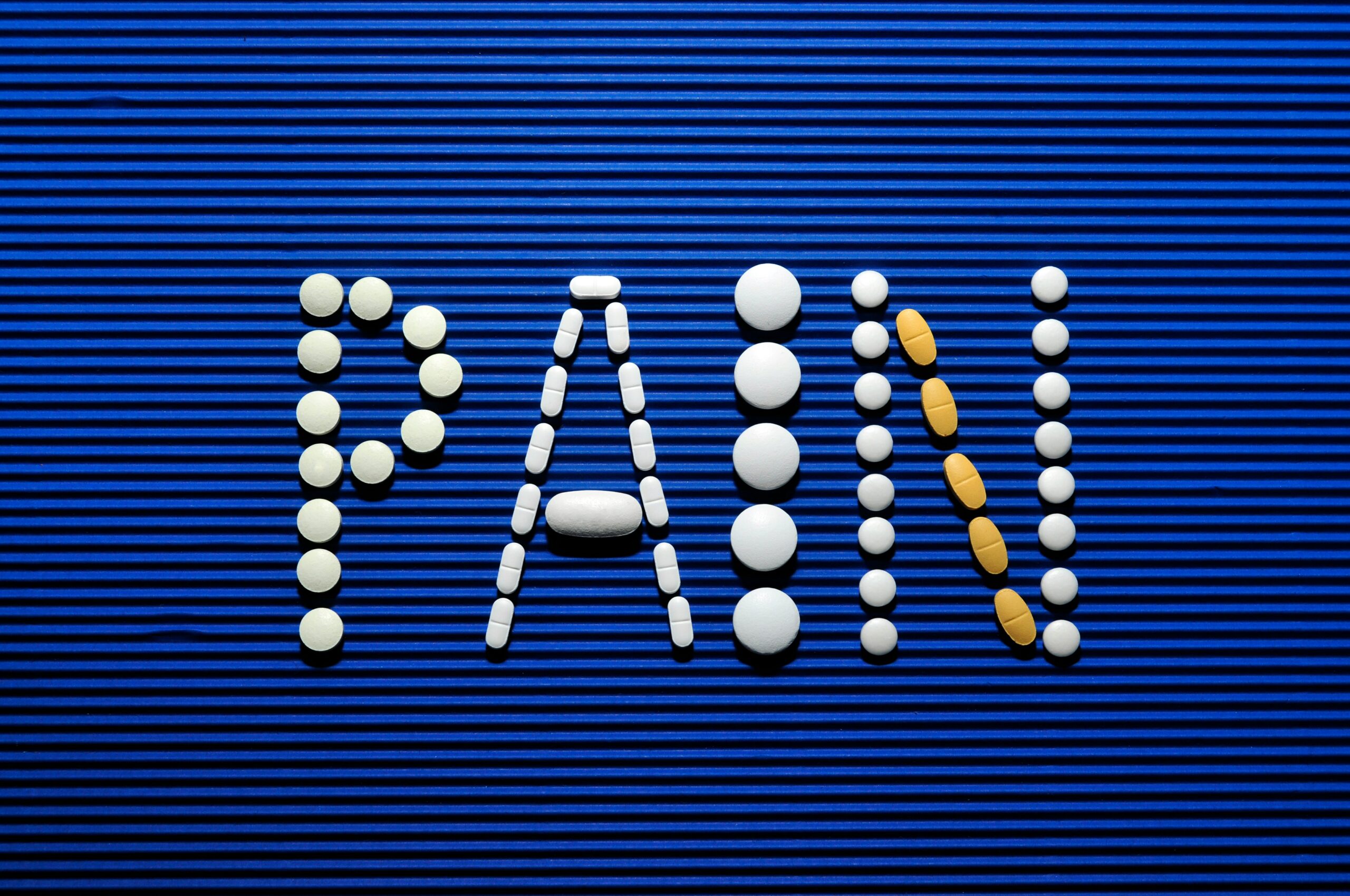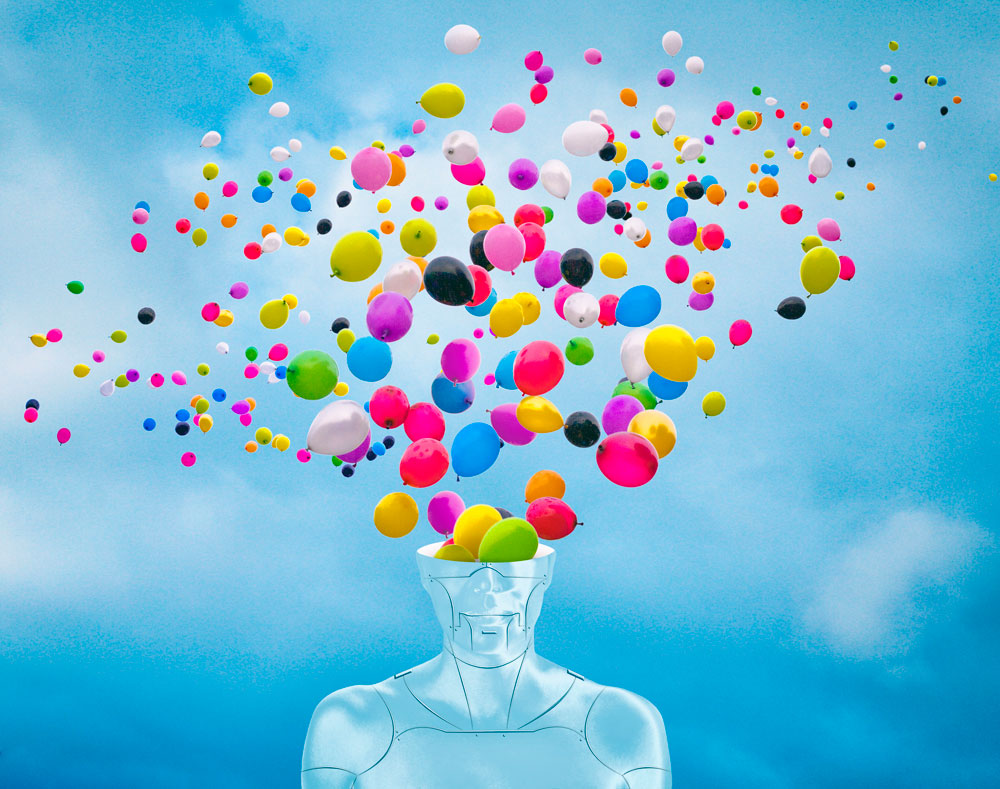Have you ever been so absorbed by what you were doing that time seems to fly or you felt no sense of time at all? Chances are you were in a flow state. It occurs when your creativity and talent come together perfectly to meet a challenge. You feel so immersed in the doing that everything else fades away. Your instincts take over and productivity surges. On some level, you are not even aware of what is happening. It’s only afterwards you understand that your competence and enthusiasm took you to an alternate reality. When athletes, artists or performers talk about being in the zone they are describing a flow state. There is a sense of peace or joy and a feeling of oneness where energy just flows and supports the work. Research suggests people feel their best during this period of flow.[1]
Can you experience a flow state in the kitchen?
Whether you are a beginner or an expert, flow state cooking can occur as long as the demands of the task match your skill level. It should feel challenging but not overwhelming. When your hands get busy with repetitive tasks like peeling, chopping, stirring, kneading or even cleaning up cooking can feel rhythmic, relaxing and somewhat meditative. Concentrating on each task keeps you focused in the present while your brain has a break from thinking. Creating something with your hands like a loaf of bread or even something simple like a salad connects you to the physical world. It balances out the time you spend online in cyberspace. It can feel grounding. By making cooking a form of enjoyment, expression, focus, and pleasure you may just find yourself triggering a flow state.
Five Steps to Flow
- Flow follows focus. Sharp blades, fire and your fingers will keep you focused when you cook. Focusing helps tune everything else out.
- Curiosity and excitement can drive a flow state. Being curious creates a playful, open energy. Experimenting with a new spice, recipe or ingredient can feel exciting. You just never know how things will turn out each time you cook.
- Use your senses and stop talking. The more you tune in to what you see and smell, touch and taste, the more present you become. You can even listen closely to a cake and know when it is ready to come out of the oven. Have you ever smelled or tasted something that transported you? Sensual stimuli have the capacity to alter your consciousness.
- Mindfulness. Cooking keeps your attention in the present, a key ingredient for being mindful. If a negative thought arises like, “I am a bad cook or cooking makes such a mess,” just let it go. Enjoy the experience rather than thinking about the outcome.
- Notice and appreciate. Notice little things like the weight of a lemon in your hand or how beautiful the produce looks. It creates newness in how you feel. When you appreciate something it connects you to it.
The kitchen offers endless possibilities to express creativity, take risks, and explore. Even when you are cooking something for the 100th time the outcome is always a little different. Cooking is more than just making food. It is a catalyst for connections with family and friends reinforcing a sense of belonging. It can even connect you to your grandmother or ancestors when using a family recipe or a food tradition.
There is something simple, immediate and emotional about cooking. It’s like music. It has the ability to uplift people’s mood. There is a physical and spiritual element. Both can create moments of beauty and pleasure but only for a brief moment in time. Musicians who play their instrument passionately feed your soul while expressing their own. So too, with cooks who put their heart and soul into the execution of cooking. The invisible parts of cooking are the most interesting. That is why ten people may follow the same recipe using the same ingredients and end up with ten different looking and tasting dishes.
Cooking activates the doing and feeling parts of you. A busy mind will quiet down as the ego disappears in the task of doing. You forget yourself and cook. There is no self-consciousness only concentration. The more immersed you become while cooking the more satisfaction you will feel. When you respect each ingredient and appreciate the work put in by the farmers, fishermen and ranchers, how the soil and climate impact the flavor of produce, all the channels of commerce that brought the carrots to your counter, it helps bring your dish to life. So next time you decide to cook, challenge yourself, find pleasure in the experience and keep the door open to the unexpected. You may just bring on the natural high of a flow state while your pots gently simmer in the background.
[1] https://www.worldcat.org/title/flow-the-psychology-of-optimal-experience/oclc/20392741




